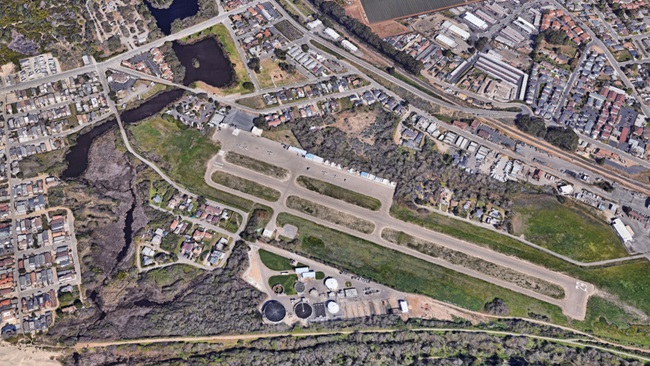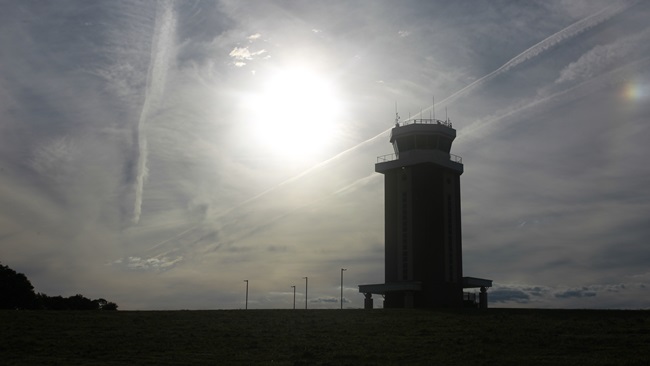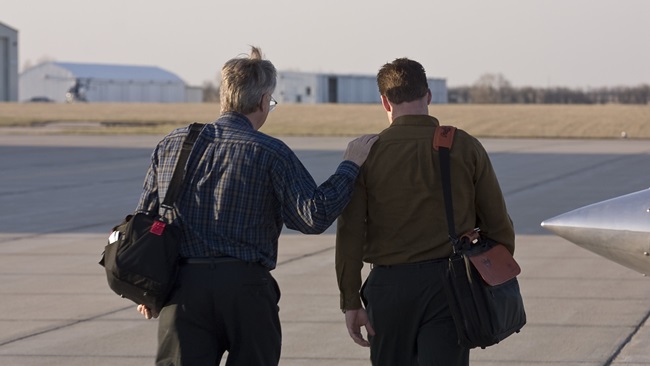
Fifteen of the country’s most influential general aviation groups are raising concerns about proposed changes to FAA funding and the air traffic control system. In a Jan. 19 letter to members of the House Transportation and Infrastructure Committee and Aviation Subcommittee, the groups warned that the GA community has “very real and long-standing concerns about foreign air traffic control models,” which are being proposed for the United States by some large airlines as part of the current FAA reauthorization process.
AOPA has long been a vigorous opponent of user fees while advocating for fair access to the nation’s airspace and airports for all aviation users.
“General aviation is an important part of our national transportation system and economy, and the needs of our community must be taken into account when considering any potential financing and structural plans for our air traffic control system,” said AOPA President Mark Baker. “That’s why it’s so important that we have ample time to review the actual text of any legislation so we can make informed decisions to address our concerns with the present system and any proposed changes. Ultimately, we will protect the interests of general aviation, ensure user fees are not included in any final bill, and that whatever structure is in place will support the entire aviation community, including GA, for the long term.”
Some big airlines are pushing for a new governance and funding model for the U.S. aviation system, particularly for ATC. The proposals they’ve advocated draw elements from models used in other countries.
But the GA leaders noted that the U.S. system is safe, effective, and delivers meaningful economic benefits and should not be changed lightly. Noting that “general aviation in America is the envy of the world,” their letter pointed out that in the United States, GA is responsible for generating more than 1 million jobs and more than $200 billion in annual economic activity. At the same time, it said, the “U.S. air traffic control system is the best in the world, moving more aircraft, more safely and efficiently, than any other country.”
The letter warned that the GA community’s concerns about adopting foreign ATC models stem from operating experiences in foreign systems and “thoughtful analysis about what those systems might look like in the United States.”
“Because we have so much at stake in the FAA reauthorization process, and given the magnitude of the change that we anticipate being proposed, we call on you as Committee leaders to provide ample opportunity for all stakeholders and citizens to carefully review, analyze and debate any proposed legislation changing the governance and funding for air traffic control,” the letter said.
In addition to AOPA, the letter was signed by the Air Care Alliance, Aircraft Electronics Association, Commemorative Air Force, Experimental Aircraft Association, General Aviation Manufacturers Association, Helicopter Association International, International Council of Air Shows, National Agricultural Aviation Association, National Association of State Aviation Officials, National Air Transportation Association, National Business Aviation Association, Recreational Aviation Foundation, Seaplane Pilots Association, and Veterans Airlift Command. It was sent to Transportation and Infrastructure Committee Chair Bill Shuster (R-Pa.), Ranking Member Peter DeFazio (D-Ore.), Transportation and Infrastructure Aviation Subcommittee Chair Frank LoBiondo (R-N.J.), and Ranking Member Rick Larsen (D-Wash.).
Current FAA funding is set to expire March 31 following a six-month extension. And while many industry observers doubt a comprehensive agreement on FAA reauthorization can be reached before then, congressional leaders have indicated that they are working on funding legislation and want to see a long-term FAA reauthorization package in place as soon as possible.



